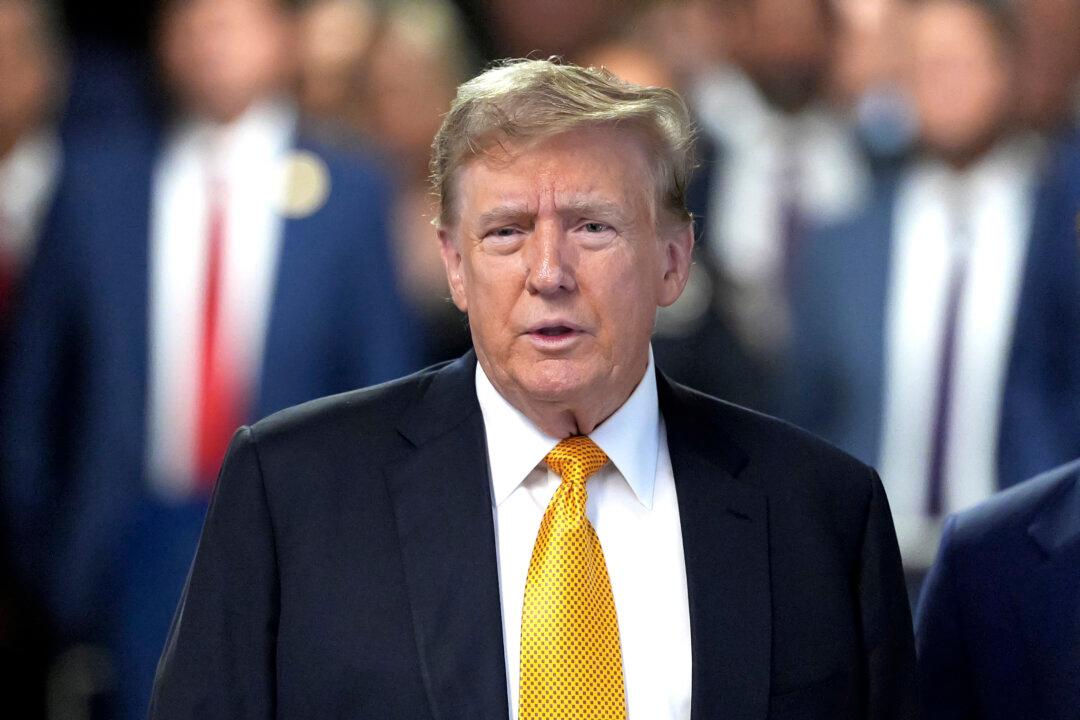Former President Donald Trump is alleging prosecutorial misconduct on the part of special counsel Jack Smith and the Biden administration in a motion to dismiss the classified documents case filed on May 21.
Alternatively, defense attorneys say the 15 boxes seized by the FBI during a raid on Mar-a-Lago should be excluded from evidence because of due process violations.





